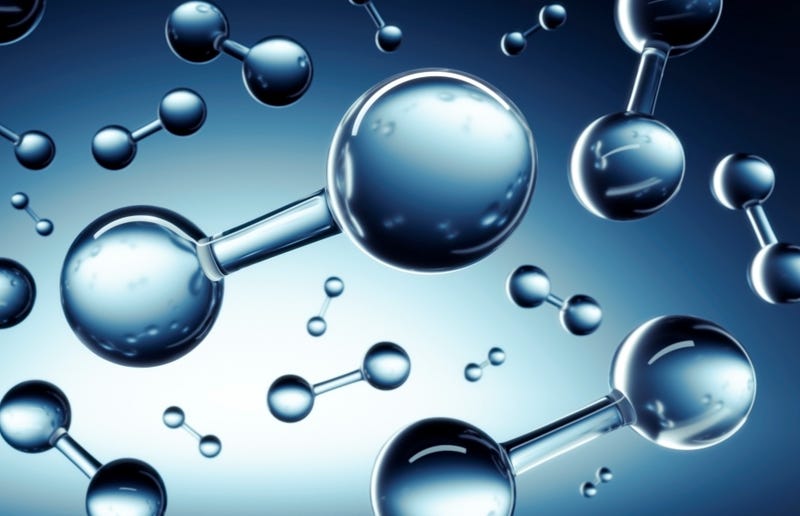
Eric Smith, a professor at Tulane’s Institute of Energy, recently joined WWL’s Newell Normand to discuss why Louisiana could be in a prime position when it comes to the hydrogen sector.
According to the U.S. Office of Energy Efficiency & Renewable Energy, hydrogen fuel is a clean source of energy that produces only water. A 2019 report from the International Energy Agency supported expansion of hydrogen use and said that demand had already “grown more than threefold” since 1975.
“Now is the time to scale up technologies and bring down costs to allow hydrogen to become widely used,” said the report. However, it noted that it would need to be adopted in more sectors, such as transportation.
This month, Japan-based Honda announced it “will not only continue electrifying its products but also take a proactive approach to increase the use of hydrogen as an energy carrier and strive to expand its hydrogen business.”
“So, Eric, we’ve been hearing about this potential hydrogen boom for us, that we are in a great position to leverage this, exploit it, take advantage of it,” Normand said this week. “And because of the way a lot of our businesses conduct themselves in the industrial corridor. Is that what you're hearing and is it that easy?”
“I am hearing a lot of the discussion about it and it dates back to two things, really,” said Smith. “[Gov.] John Bel Edwards created this… Energy Task Force to decarbonize Louisiana. And of course, the object of the game was to do that without destroying the Louisiana economy.”
Smith explained that Louisiana is “unusual compared with other states” for a number of reasons. One is the fact that its major emissions are not from vehicles. Even so, the state does produce about 10% of the gasoline used in the U.S.
“Louisiana has the third-highest natural gas production and reserves among the states,” according to the U.S. Energy Information Administration. “The state accounts for about 9% of U.S. marketed natural gas production and holds about 8% of U.S. natural gas proved reserves.”
Another thing that sets Louisiana apart from other areas of the country is the fact that it “built up a big what we call grey hydrogen business starting in the 70s,” said Smith. Grey hydrogen is generated from natural gas through a process called steam reforming, according to the World Economic Forum.
“So we have a long history of producing hydrogen and using hydrogen in the state,” Smith said. “That’s the good news. So we’ve got a lot of infrastructure. The bad news is that the hydrogen we produce, we produce from natural gas. So we produce a lot of CO2 making the hydrogen the way it’s made today.”
CO2, or carbon dioxide, is a greenhouse gas that contributes to climate change, per NASA. The U.S. has pledged to cut down on greenhouse gasses, but Smith said producing hydrogen in other ways could be costly.
Going forward the “next step” in hydrogen production, according to Smith, would be blue hydrogen.
“In that case, we still make grey hydrogen, but we capture the CO2,” he said. “We don’t burn it to the atmosphere. And we use that CO2 either to help recover additional oil or we permanently store it in the ground.”
In Louisiana, CO2 could be stored in porous space under the earth. There are also some things that can be produced with CO2 byproduct, including fertilizer.
“I think there’s a number of ways we can use CO2, but I think it’s unrealistic to think we’re ever going to use all of it,” said Smith.
He also said that Louisiana is vying with other states to be a hydrogen hub due to federal spending. Its unique history could be an asset.
Listen to the full conversation here.

